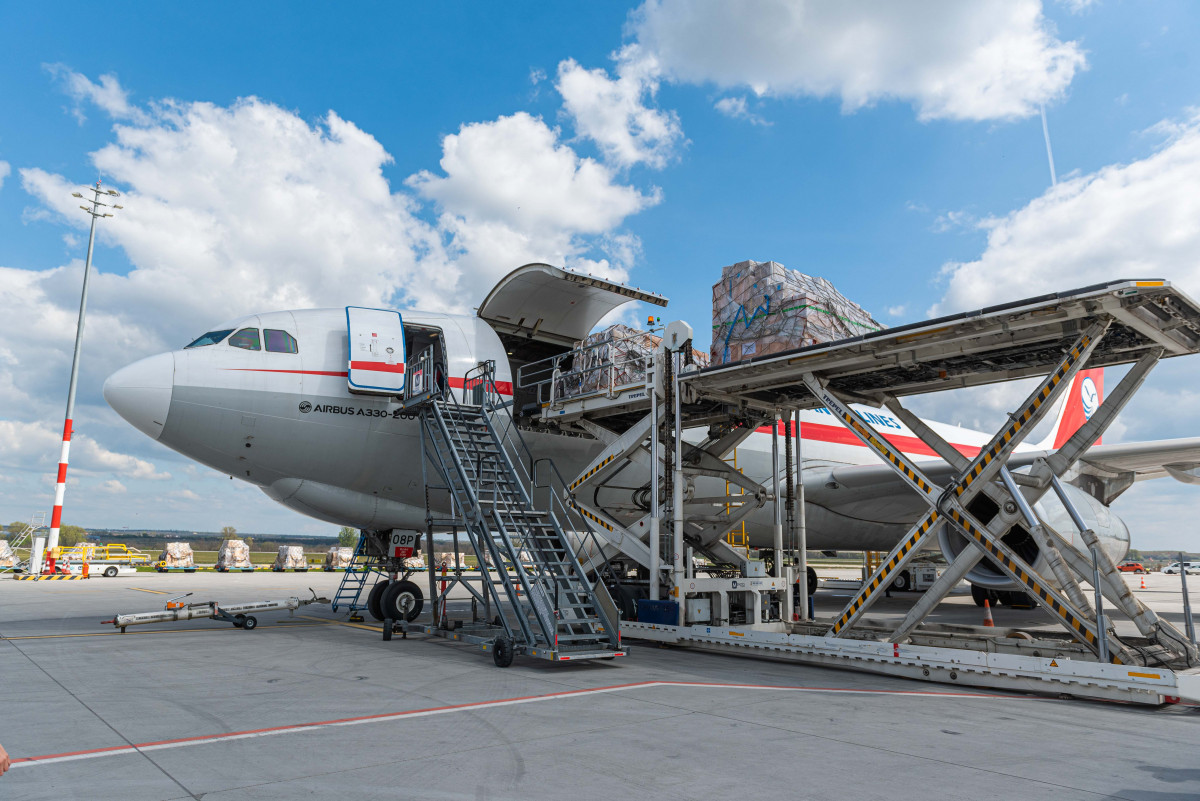Sichuan Airlines launches flights between Chengdu and Budapest

Chinese carrier Sichuan Airlines has launched cargo flights between Chengdu Shuangliu International Airport in China and Budapest Ferenc Liszt International Airport in Hungary.
The airline will operate three flights a week using an Airbus A330 passenger-to-freighter (P2F) aircraft.
In addition to general import-export cargo, the flights will also target e-commerce shipments.
René Droese, Budapest Airport’s chief development officer, said: “As a result of the excellent joint work with our cargo community, Budapest Airport’s role as a gateway for air cargo in Central and Eastern Europe is growing rapidly, especially to Asia, including China.
“We are seeing increasing demand for new cargo routes and for increased capacity on existing routes, and we plan to expand our cargo connections, besides Asia, to Western Europe and the transatlantic region as well. We are delighted to welcome Sichuan Airlines to Budapest and wish them every success.”
“The new aerial connection supports the success of the air Silk Road, as part of the Belt and Road initiative, further strengthening the excellent trade relationship between Hungary and China,” said Peter Xu, freighter station manager for Sichuan Airlines.
He added: “Sichuan Airlines’ cargo network offers integrated, customized and professional logistics services for both Hungarian and Chinese companies, and the new flight will surely become an important logistics channel for the export of high-quality Hungarian goods to Chinese cities and vice versa.”
Sichuan Airlines could potentially be in line to take delivery of some new freighter conversions in the future. Earlier this year, Sichuan Aviation Industry Development Co. Ltd. (SAID) partnered with 321 Precision Conversions for multiple A321-200PCF freighter conversions.
Sichuan Airlines is one of three companies that fund SAID.
Budapest Airport’s air cargo volumes reached 194,000 tons by the end of last year, an increase of 5.8% compared to 2021 and 44% compared to 2019.
The airport said last year that it was continuing to develop its Cargo City area.
